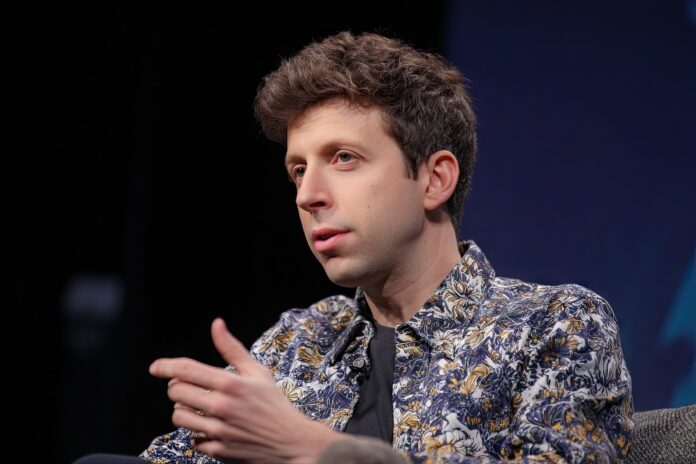The Push for True AI Privacy
AI Privacy has quickly become a heated topic in tech and policy circles. OpenAI CEO Sam Altman recently emphasized that conversations with artificial intelligence should be as private as those with a lawyer or doctor. However, emerging legal conflicts could force OpenAI to preserve ChatGPT conversations indefinitely, posing a challenge to the company’s privacy principles.
Legal Pressures Versus Privacy Commitments
At the heart of the issue sits a recent court order, spurred by The New York Times’ ongoing copyright lawsuit against OpenAI. The order demands that OpenAI preserve all user-generated ChatGPT data for the suit’s duration. OpenAI argues this requirement directly contradicts its privacy commitments and longstanding industry norms, which typically favor minimal data retention to enhance user trust and confidentiality[2][3].
Brad Lightcap, OpenAI COO, labeled the demand a “sweeping and unnecessary” overreach and warned that it could undermine user trust by forcing indefinite storage of private chats[3]. Besides that, it sets a precedent that may affect how all tech companies handle user data in future legal battles.
Sam Altman’s Vision: The Case for ‘AI Privilege’
Altman has made several public statements underscoring the need for a new social framework akin to “AI privilege.” He believes that, just as individuals expect absolute confidentiality with their doctors and lawyers, interactions with AI systems deserve similar protection. Many users already share personal and sensitive information with AI tools, trusting that these conversations remain private[2][5].
Most importantly, Altman argues this is not just a technical challenge but a societal one. “We don’t have [privilege] yet for AI systems, and yet people are using it in a similar way,” he observed at a privacy summit earlier this year[5].
Why Data Retention Matters for Users
Why should anyone care if AI chats are saved forever? Data permanence increases the risk of exposure in hacks, leaks, or subsequent court cases. More data sitting on servers creates tempting targets for cybercriminals and can erode public trust in AI companies. Therefore, the stakes are high: genuine privacy requires not just encryption or secure infrastructure, but responsible data deletion practices too.
The Wider Debate: Regulation, Technology, and Trust
OpenAI maintains that it will fight any legal or regulatory demand that compromises user privacy—a core company value. However, courts, lawmakers, and regulators are still grappling with how to balance the need for evidence preservation (especially in copyright disputes) against the growing expectation of digital confidentiality[2][3].
The fast-moving nature of AI development complicates the equation. As Altman noted, society must respond dynamically as new privacy challenges emerge. Strict regulations imposed prematurely may stifle innovation or fail to address unforeseen issues, while delayed action could leave users exposed[5].
What’s Next for AI Privacy?
The current standoff between OpenAI and plaintiffs like The New York Times is likely just the first of many battles over AI data privacy. As AI tools become more integrated into daily life, expectations that AI conversations remain private will only grow stronger. Besides that, policymakers will need to collaborate closely with technologists to develop effective privacy frameworks that protect users without hindering technological progress.
For now, users concerned about their digital privacy should stay informed and consider how much personal information they share with AI platforms. The conversation about AI privilege has begun, but its resolution remains in the hands of both the courts and society at large.
References:
TechRadar
Fox Business
Times of India
The Record



